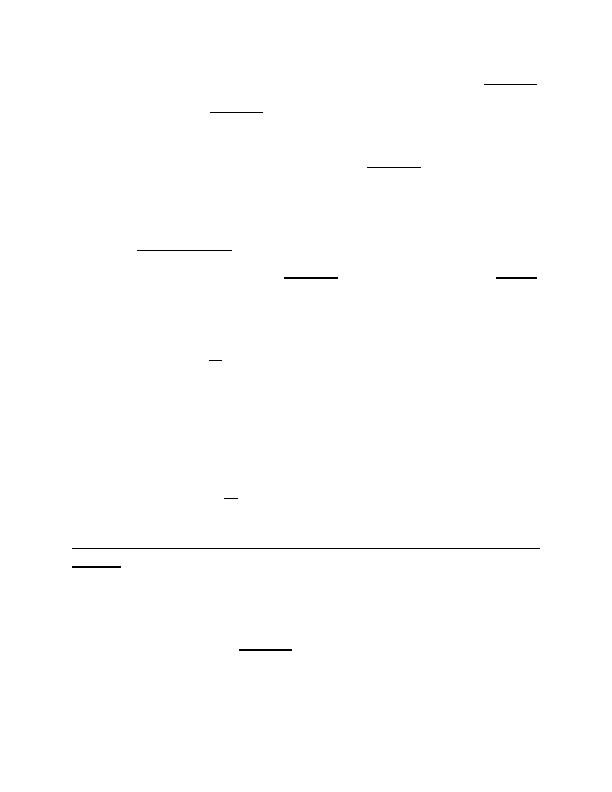
Lastly, we address a possible misunderstanding of our decision in Comiskey.
Some may suggest that Comiskey implicitly applied a new § 101 test that bars any
claim reciting a mental process that lacks significant "physical steps." We did not so
hold, nor did we announce any new test at all in Comiskey. Rather, we simply
recognized that the Supreme Court has held that mental processes, like fundamental
principles, are excluded by § 101 because "'[p]henomena of nature, though just
discovered, mental processes, and abstract intellectual concepts . . . are the basic tools
of scientific and technological work.'" Comiskey, 499 F.3d at 1377 (quoting Benson,
409 U.S. at 67) (emphasis added). And we actually applied the machine-or-
transformation test to determine whether various claims at issue were drawn to patent-
eligible subject matter.
Id. at 1379 ("Comiskey has conceded that these claims do not
require a machine, and these claims evidently do not describe a process of manufacture
or a process for the alteration of a composition of matter."). Because those claims failed
the machine-or-transformation test, we held that they were drawn solely to a
fundamental principle, the mental process of arbitrating a dispute, and were thus not
patent-eligible under § 101. Id.
See, e.g., Br. of Amicus Curiae End Software Patents; Br. of Amicus Curiae Red Hat,
Inc. at 4-7. We also note that the process claim at issue in this appeal is not, in any
event, a software claim. Thus, the facts here would be largely unhelpful in illuminating
the distinctions between those software claims that are patent-eligible and those that
are not.
24
Our statement in Comiskey that "a claim reciting an algorithm or abstract
idea can state statutory subject matter only if, as employed in the process, it is
embodied in, operates on, transforms, or otherwise involves another class of statutory
subject matter, i.e., a machine, manufacture, or composition of matter," 499 F.3d at
1376, was simply a summarization of the Supreme Court's machine-or-transformation
test and should not be understood as altering that test.
2007-1130 22
